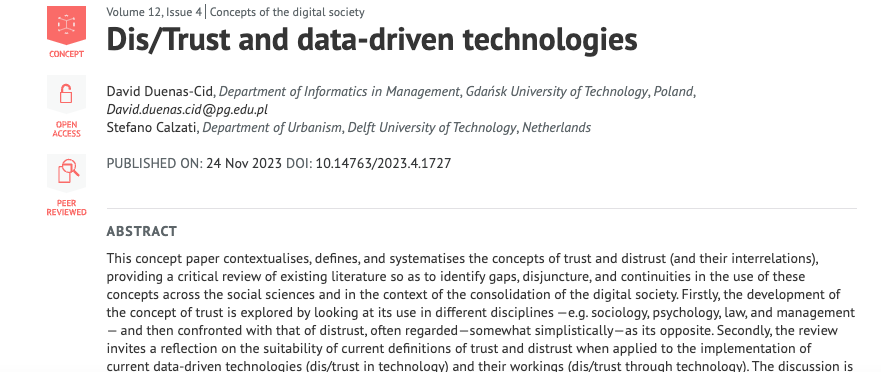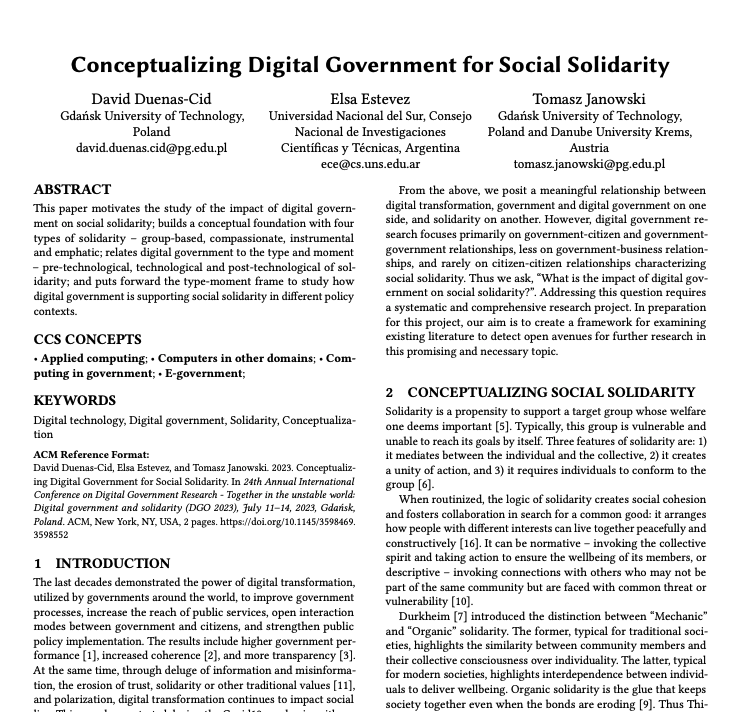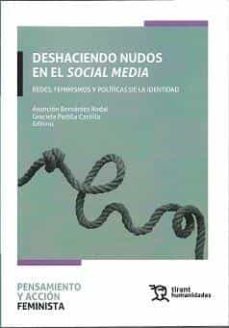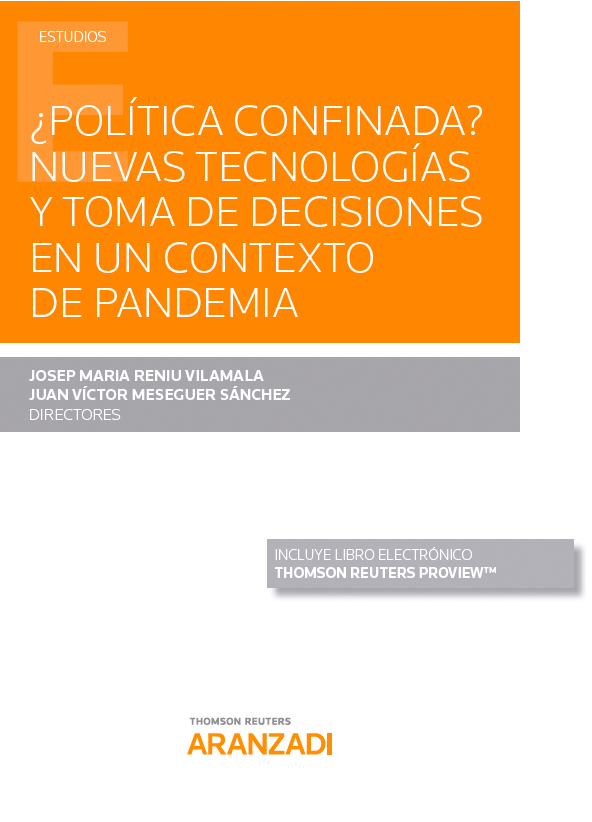Dr. Hab. David Dueñas-Cid
He is an Associate Professor and Director of the Public Sector Data-Driven Technologies (Pub-Tech) Research Center at Kozminski University. Previously, he was an H2020 Marie Skłodowska-Curie Widening Fellow at Gdansk University of Technology, a Researcher at the Johan Skytte Institute of Political Studies, of the University of Tartu, a Postdoctoral Researcher at the Ragnar Nurkse Department of Innovation and Governance of Tallinn University of Technology, and a Postdoctoral Researcher and Lecturer at the Social and Business Research Lab of the Universitat Rovira i Virgili.
His PhD is connected to the analysis of the Politicization of Social Movements, and he got his Habilitation in Political Sciences from Adam Mickiewicz University (Poland) with his work: Res Publica Digitalis, Society and Politics in the Digital Public Space. His current research covers aspects related to #DigitalSociology, #PublicAdministration, #Democracy and #Elections; in particular, connected with #ElectronicDemocracy and #InternetVoting. He is currently researching the processes of creating Trust and Distrust in Internet Voting - thanks to the funds received by the H2020 Marie Skłodowska-Curie Actions Programme and the Narodowe Centrum Nauki, OPUS Program.
He is the president of the Thematic Group on Digital Sociology at the International Sociological Association, General Chair at the E-Vote-ID Conference, Program Chair at the Annual International Conference on Digital Government Research, and Academic Editor at Internet Policy Review. He has been invited to conduct lectures or research in Australia, Austria, El Salvador, Estonia, Georgia, Hungary, Japan, Poland, and Spain.

What do I do?
What do I teach about?
What do I publish about?
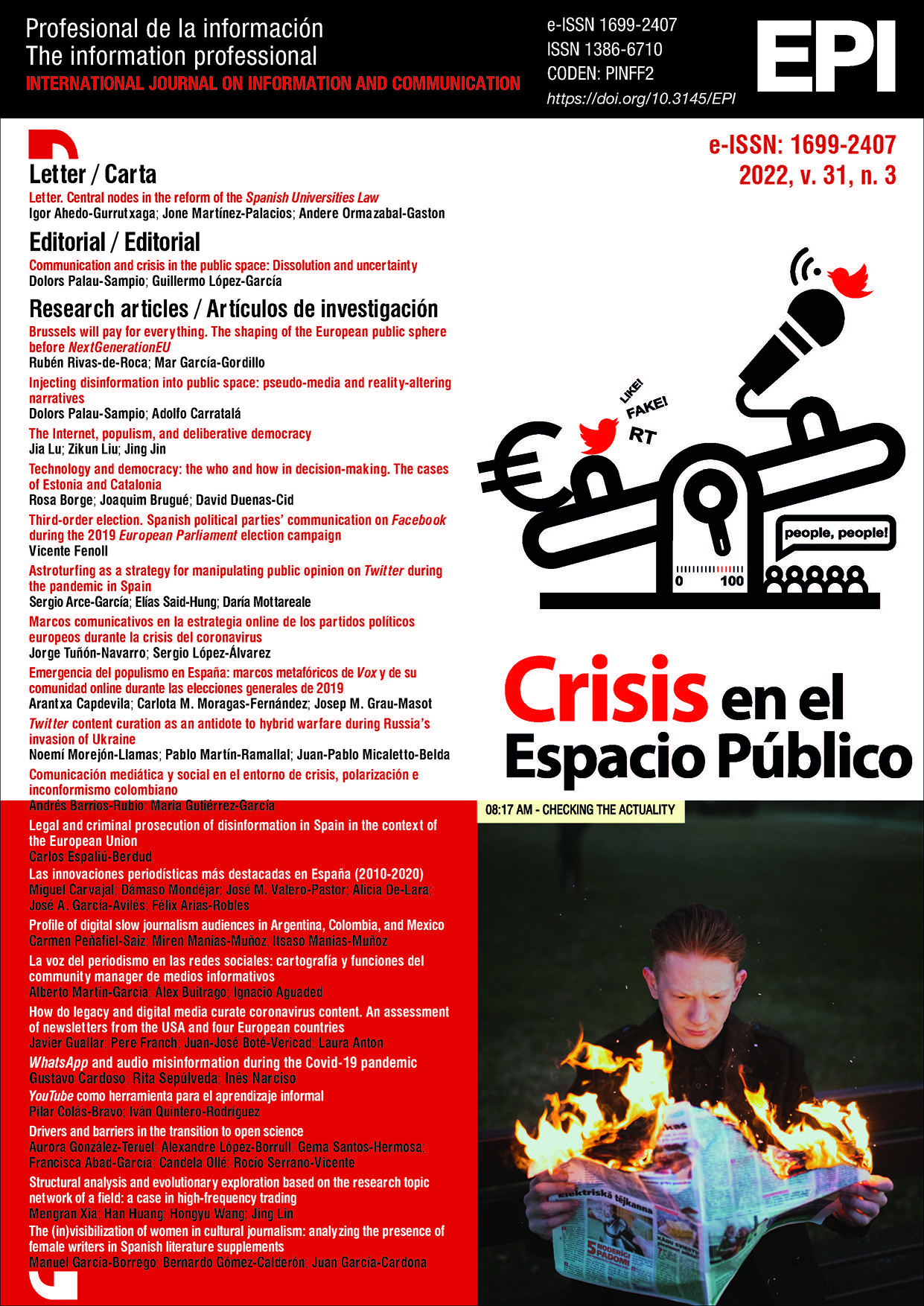
#e-democracy
#internetvoting
Technology and democracy: the who and how in decision-making. The cases of Estonia and Catalonia
read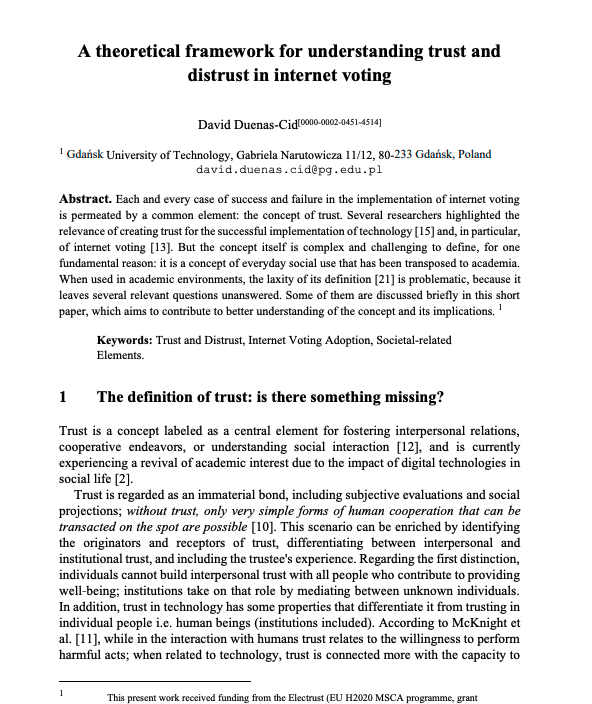
#e-democracy
#internetvoting
A theoretical framework for understanding trust and distrust in internet voting
read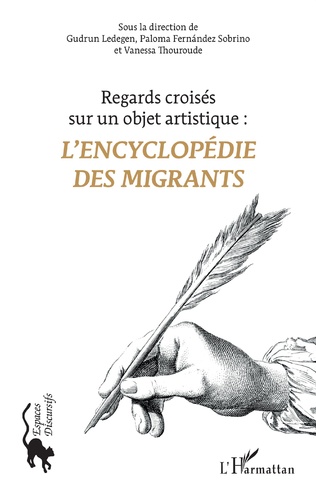
#digitalsociology
Affronter la distance et la séparation: l'utilisation des médias sociaux par les migrants dans leurs relations interpersonnelles
read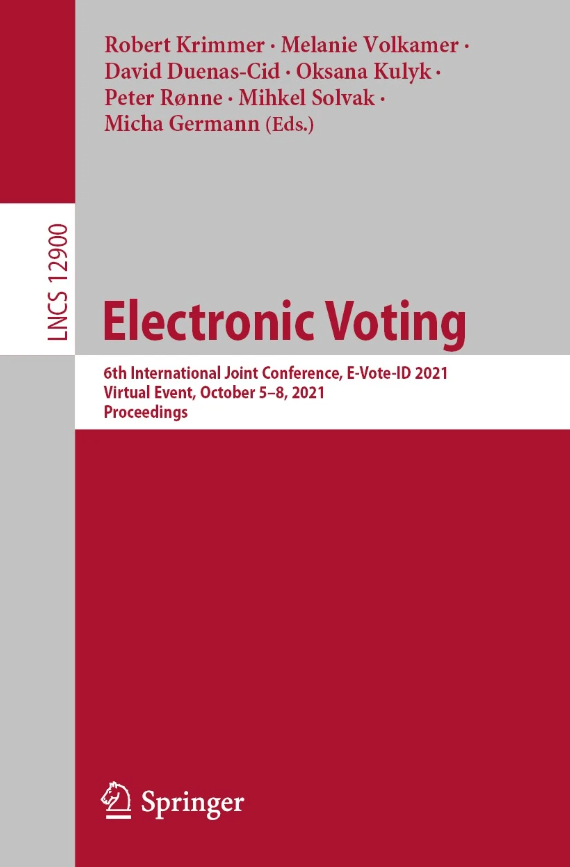
#internetvoting
To i-vote or Not to i-vote: Drivers and Barriers to the Implementation of Internet Voting
read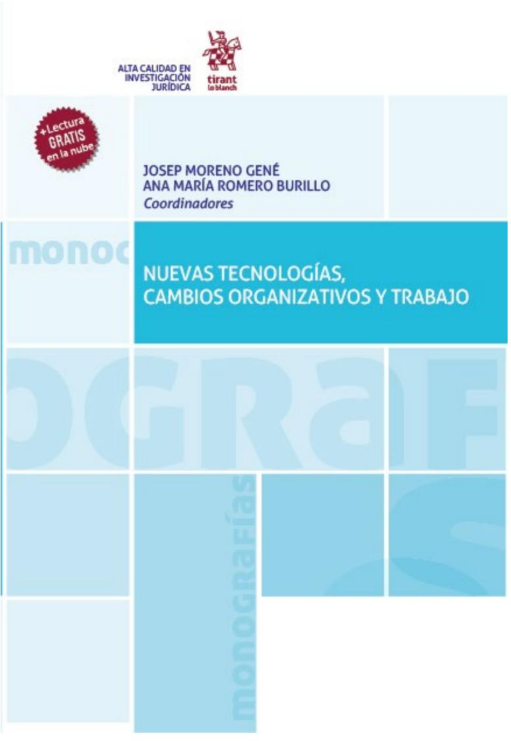
#digitalsociology
El empleo en el marco de la transformación digital: Gig Economy vs Open Collaboration ¿dos caras de una misma moneda?
read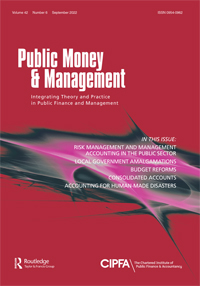
#e-democracy
#internetvoting
Debate: safeguarding democracy during pandemics. Social distancing, postal, or internet voting—the good, the bad or the ugly?
read
#internetvoting
